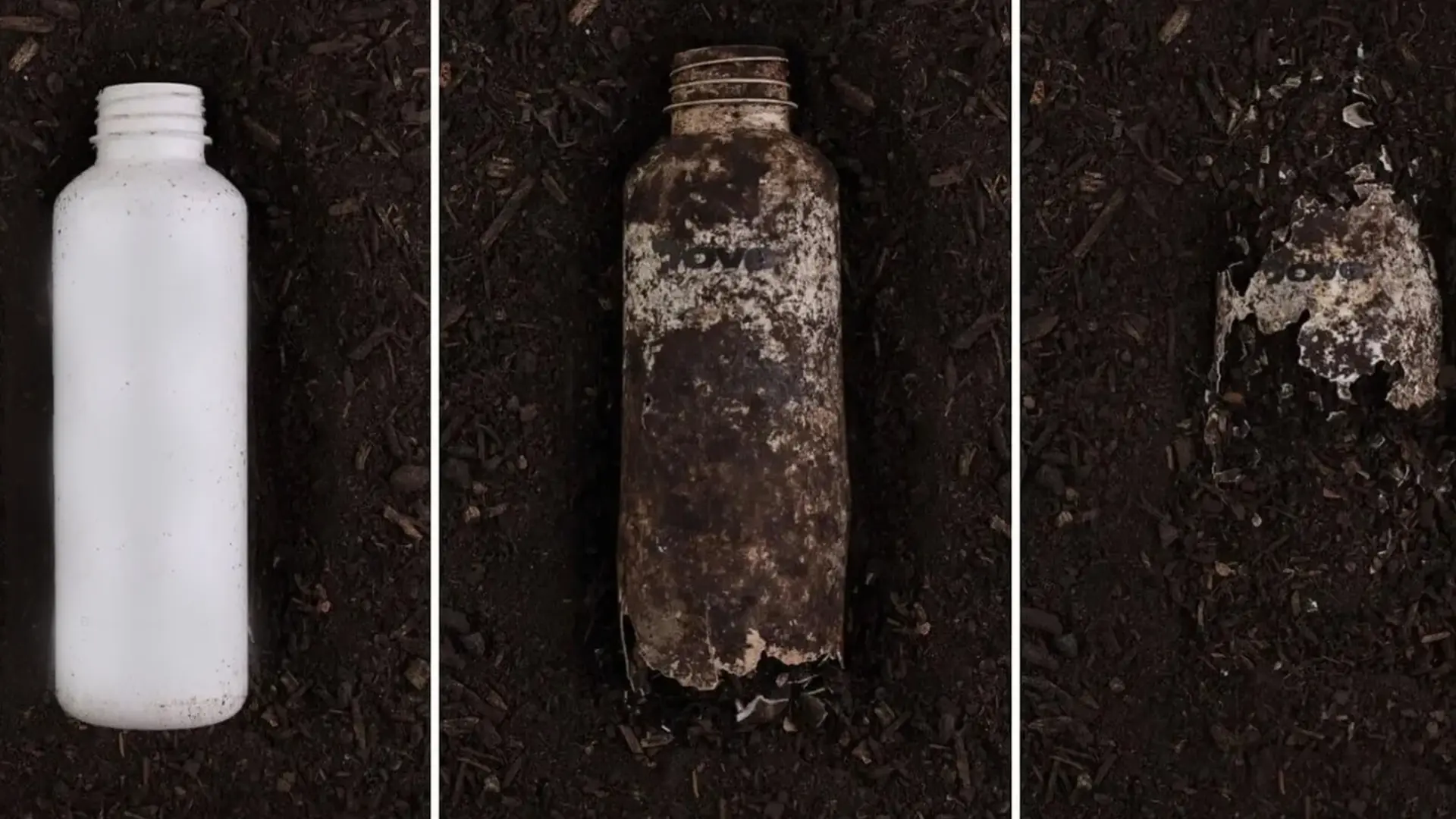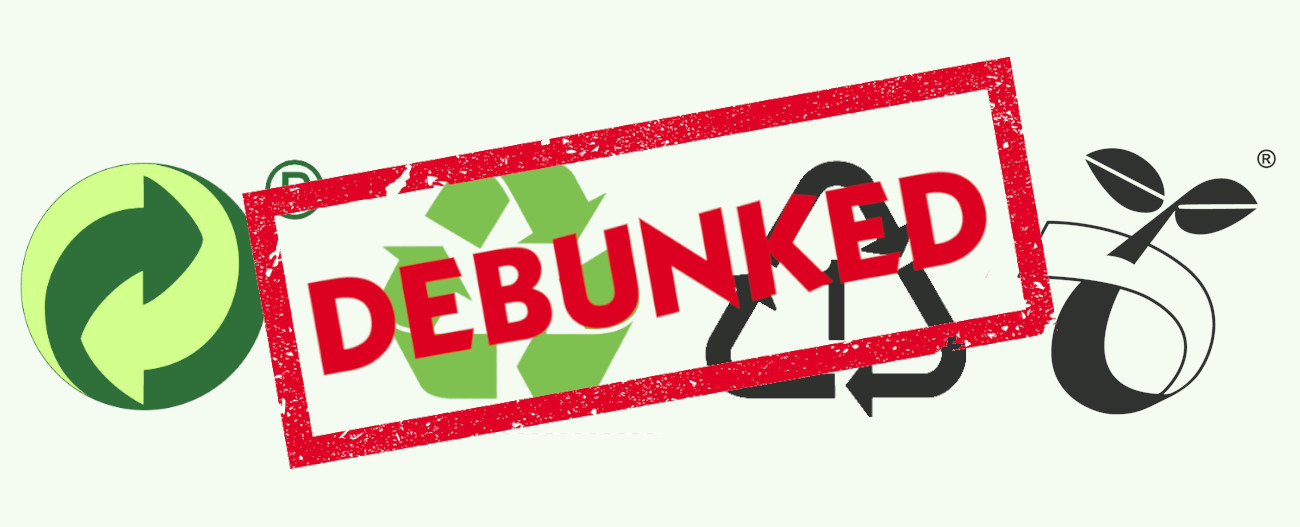In a world increasingly shifting towards eco-conscious living, biodegradable products have gained immense popularity. However, there are still many myths and misconceptions surrounding these products that deter people from fully embracing them. Here, we’ll debunk some of the top myths about biodegradable products, helping you make informed decisions for a greener tomorrow.
Myth 1: All Biodegradable Products Break Down Quickly
One common misconception is that biodegradable products disintegrate instantly after disposal. In reality, while these products do break down faster than plastics, they still require certain environmental conditions, like the presence of microorganisms, moisture, and heat, to decompose. Products like biodegradable tableware made from sugarcane pulp can take several months in composting conditions to fully break down, but that is still far quicker compared to plastic, which can last for centuries.
Fact: Biodegradable products break down significantly faster than conventional plastics but may require composting environments for optimal degradation.
Myth 2: Biodegradable Equals Compostable
Although these terms are often used interchangeably, they don’t mean the same thing. Biodegradable products break down naturally over time, but compostable items specifically decompose into nutrient-rich compost that benefits the soil. For example, products from Stuti Exim made from sugarcane bagasse are not only biodegradable but also compostable under the right conditions.
Fact: All compostable items are biodegradable, but not all biodegradable products are compostable. Understanding this distinction is crucial for waste management.
Myth 3: Biodegradable Products Can Be Disposed of Anywhere

Many believe that biodegradable products can be thrown away anywhere and will disappear. This is a dangerous myth. If biodegradable products end up in landfills or oceans, they often do not decompose as intended due to a lack of oxygen, moisture, and microbes.
Fact: Biodegradable products should be properly disposed of in composting facilities to ensure effective breakdown and minimize environmental harm.
Myth 4: Biodegradable Products Don’t Contain Chemicals
While biodegradable products are often marketed as eco-friendly, not all of them are free from chemicals. Some may still contain additives or undergo chemical processing, though they have a lesser environmental impact than conventional plastics. Always check for certifications or product details to ensure you’re buying truly eco-friendly items.
Fact: While biodegradable products are environmentally safer, some may still contain chemicals, so it’s essential to choose certified products like those offered by Stuti Exim for peace of mind.
Myth 5: Biodegradable Products Are Too Expensive
Many people think that switching to biodegradable alternatives will significantly increase their expenses. While it’s true that some biodegradable products may have a higher upfront cost, the long-term environmental and health benefits far outweigh these minor differences. Additionally, as demand increases and production scales, prices continue to drop.
Fact: Biodegradable products are becoming more affordable, especially when considering their positive impact on the planet.
Myth 6: Biodegradable Products Don’t Look as Good
Some believe that biodegradable products look unattractive or are of lower quality. However, advancements in production techniques have allowed companies like Stuti Exim to create beautiful, durable, and stylish biodegradable tableware, clamshells, and more, proving that going green doesn’t mean compromising on aesthetics.
Fact: Today’s biodegradable products are just as aesthetically pleasing and functional as their non-biodegradable counterparts.
Myth 7: One Person’s Effort Won’t Make a Difference
Perhaps the most dangerous myth of all is the idea that individual action doesn’t matter. If everyone embraced biodegradable products and sustainable practices, the cumulative impact would be enormous. Every small step helps reduce plastic waste and contributes to a healthier planet.
Fact: Your choice to use biodegradable products has a significant, positive effect on reducing plastic pollution.

Conclusion
As more people become aware of the environmental impacts of their choices, it’s essential to separate fact from fiction when it comes to biodegradable products. Companies like Stuti Exim are committed to providing truly eco-friendly, high-quality alternatives to help consumers make better choices for the environment.
Switching to biodegradable products isn’t just a trend—it’s a responsibility we all share in creating a sustainable future. Don’t let these myths hold you back from making a positive impact!